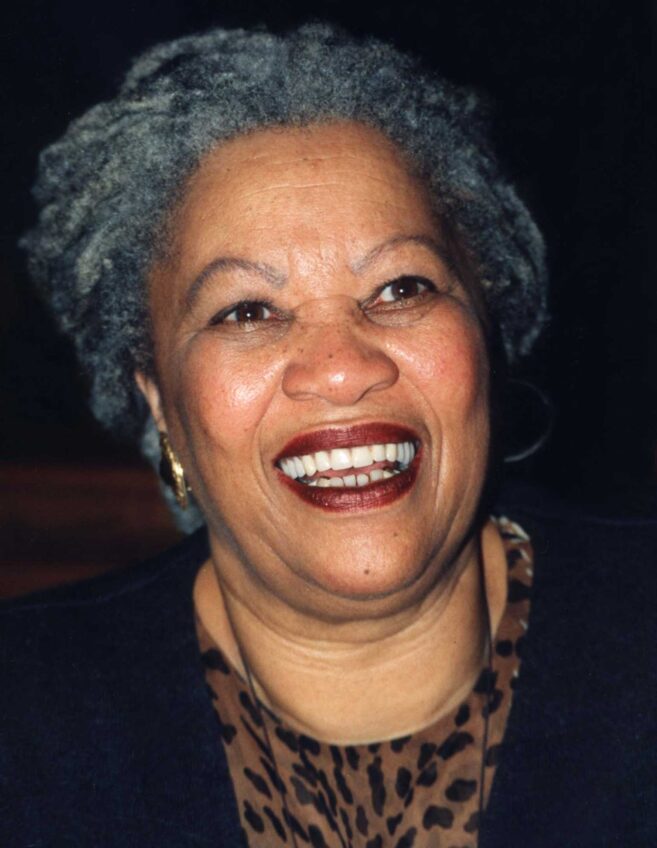Black Republican Byron Donalds has come under fire for saying that “during Jim Crow, the Black family was together.”
The Florida congressman made the remarks at a “Black Americans for Trump” event in “one of the whitest and most conservative parts” of Philadelphia on Tuesday that featured cigars, cognac and out-of-towners, but no Black speakers from Pennsylvania.
House Democratic Leader Hakeem Jeffries responded by suggesting that Donalds was making a “factually inaccurate statement that Black folks were better off during Jim Crow” and cited a number of historical examples to disprove that claim.
Donalds replied by accusing Jeffries of lying about his remarks.
“What I said was you had more Black families under Jim Crow,” Donalds argued.
So, who’s telling the truth here?
Donalds’s claim that the Black family was ‘together’ during this period repeats a popular myth of conservative nostalgia.
First, Jim Crow was the era between 1877 and 1964 when Black people were racially segregated by law in America. The total Black population was only 18.9 million in 1960 compared to 47 million today, so it’s technically impossible that there were “more Black families under Jim Crow.”
Second, Donalds actually seems to be making the conservative paternalistic argument that non-marital Black families aren’t really families. But who gave him the authority to decide what constitutes a Black family?
Third, Donalds’ claim that the Black family was “together” during this period repeats a popular myth of conservative nostalgia. I wrote about this myth in my latest book, “Why Does Everything Have to Be About Race?” I tell the story of 14-year-old George Stinney Jr., who was raised in a working, church-going Black family in 1940s South Carolina. Stinney was wrongly accused of murdering a white girl but was convicted by an all-white male jury that took just 10 minutes to decide his fate.
The 14-year-old Black boy was sentenced to death and executed just weeks after he was arrested. Although Stinney’s parents did everything this country expects of Black families, they could not protect their child from white supremacy and state-sanctioned racial terrorism.
That’s what makes the contemporary romanticization of Black family history so disturbing. Were Black families “together” when the Scottsboro Boys were wrongly accused of raping a white woman in 1931? Or when 14-year-old Emmett Till was lynched in 1955? Or when four Black girls were murdered in a church bombing in Alabama in 1963?
The conservative argument echoes a common refrain from Black Republicans who want to “make America great again.” “Fatherless families are one of the primary root causes of Black Americans’ current socioeconomic challenges,” according to former Indiana Attorney General Curtis Hill. If that were true, then what was the cause of rampant Black poverty and unemployment before these so-called fatherless families?
Contrary to stereotype, research has shown that Black fathers are actually more engaged with their children than we’re led to believe. A CDC report found that Black men were more likely than white men to bathe, dress, diaper, or eat meals with their children. And a Pew Research Center study found that Black fathers who don’t live with their children were more likely than white fathers to visit their children on a regular basis.
Donalds, who has been desperately campaigning to be Trump’s running mate, claims that “Democrat policies under HEW, under the welfare state” helped to “destroy the Black family.” First, let’s be clear. HEW, the U.S. Department of Health, Education, and Welfare, was started in 1953 under Republican President Dwight Eisenhower. And history indicates that white Americans had much less of a problem with government programs — from Social Security to the GI Bill to Medicare — when white people were the designated beneficiaries.
Second, the policies that Donalds attacks are the very policies that have helped Black families since the 1960s. As author Clay Cane noted in response to Donalds, the Black poverty rate in America fell from 55% during the Jim Crow year of 1959 to a record low of 17% in 2022. And even more recently, President Obama’s Affordable Care Act, another Democratic policy, reduced the rate of Black people without health insurance from 20% to 10% in just over 10 years.
Donalds follows the predictable Republican logic used from Ronald Reagan to the present that has tried to shift the burden of America’s problems from government and society to individuals and families. To do this, they deny or diminish the significance of structural racism, sexism, and economic inequality, and perpetuate outdated myths of Black inferiority.
From slavery to segregation to the present, Black families have been under social, political and economic assault. The last thing our families need is Republicans blaming us for the problems that society helped to create.
Keith Boykin is an American TV and film producer, national political commentator, author, and former White House aide to President Bill Clinton.






